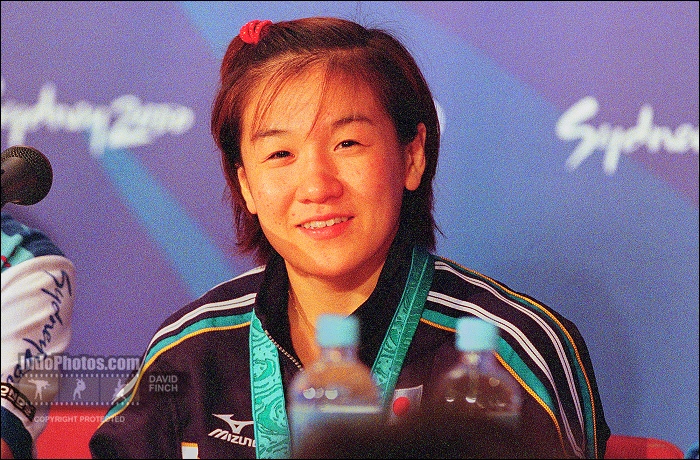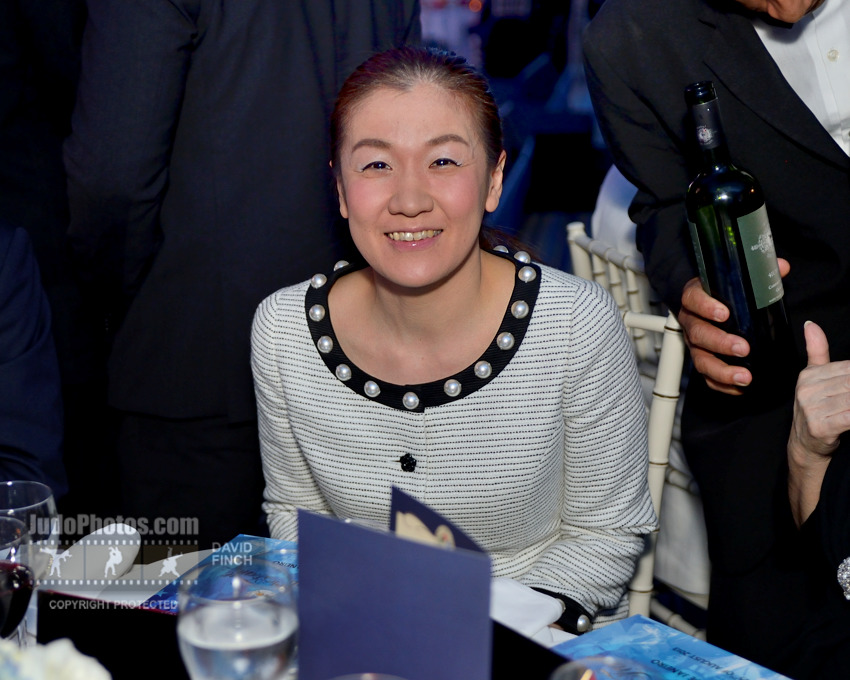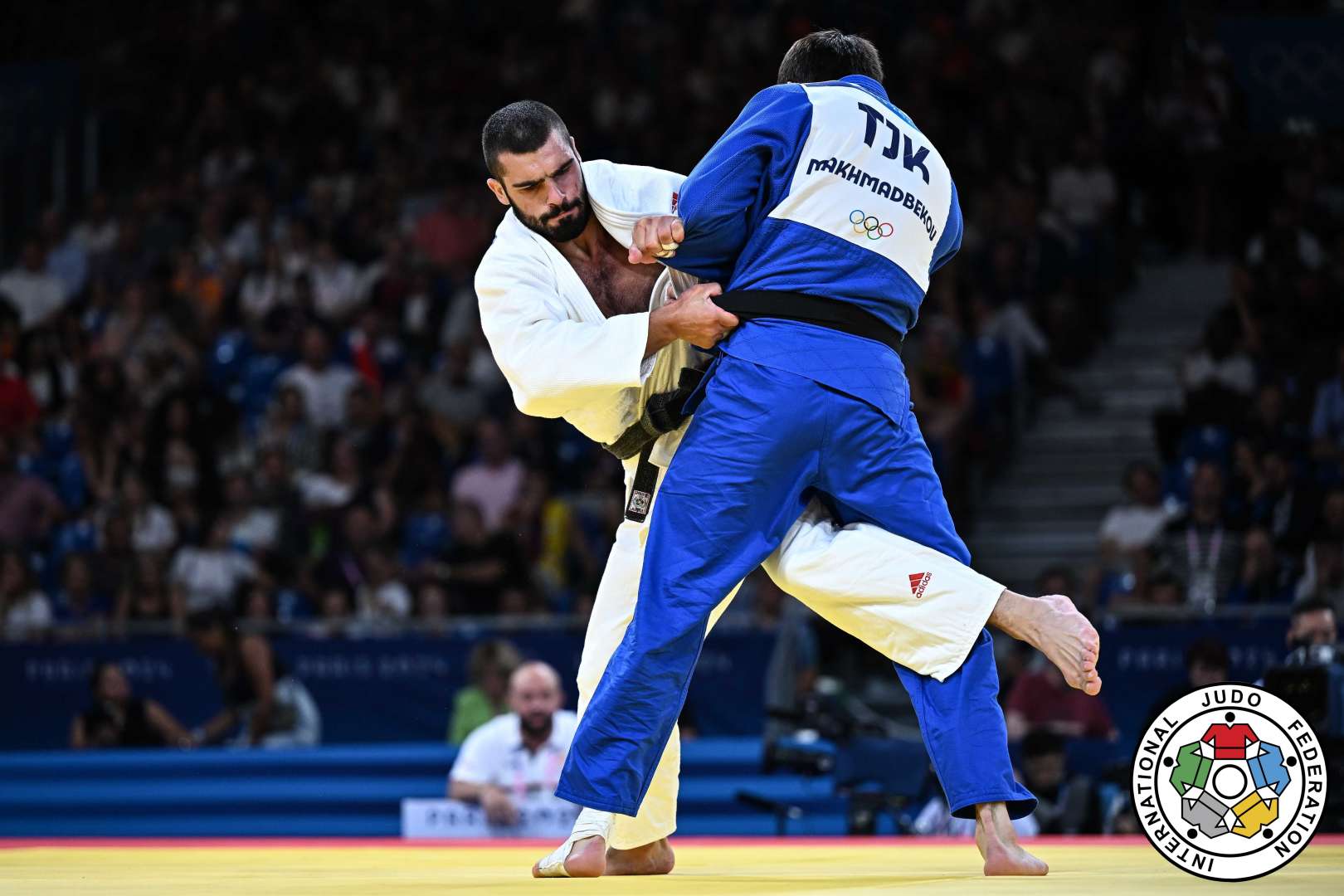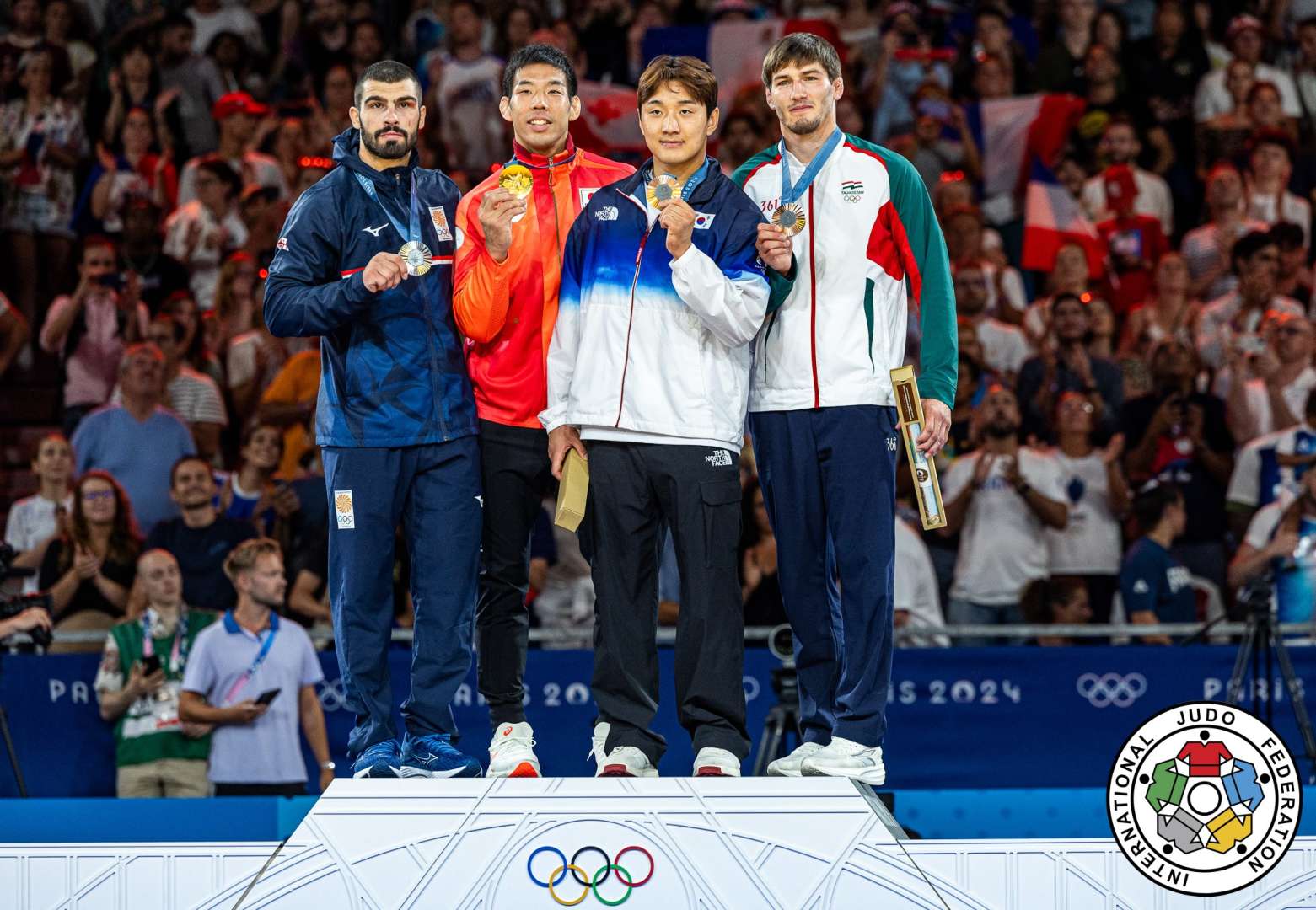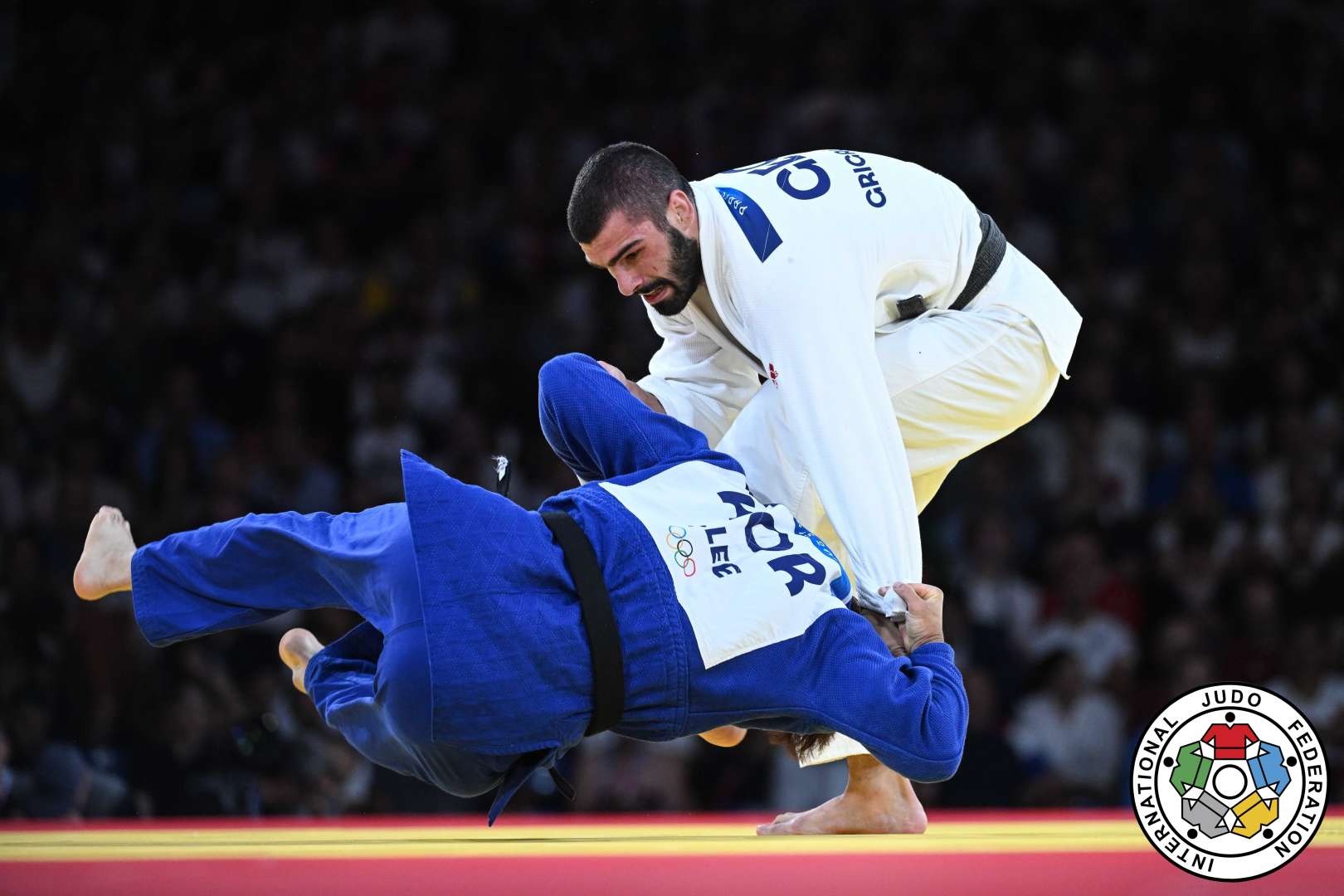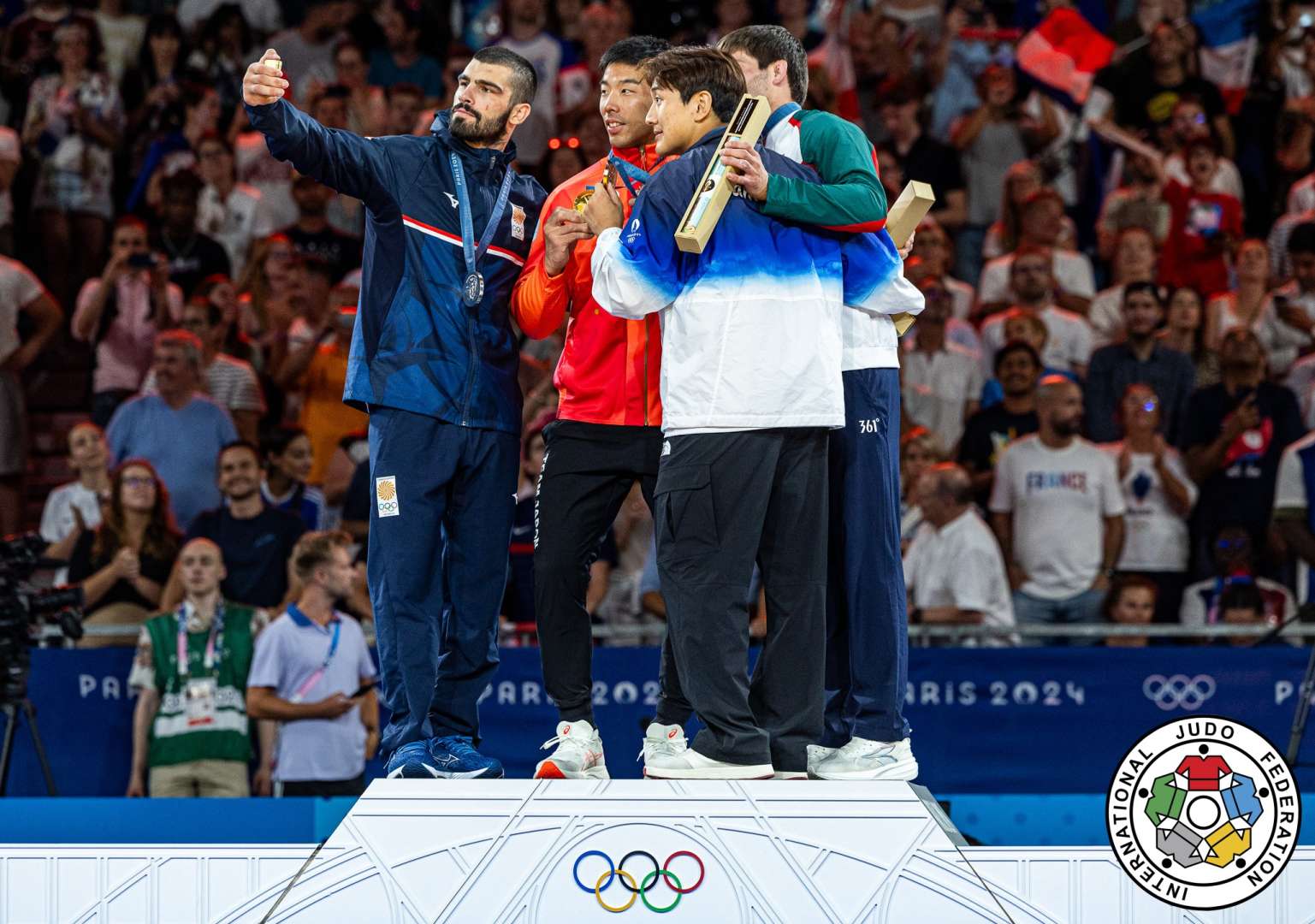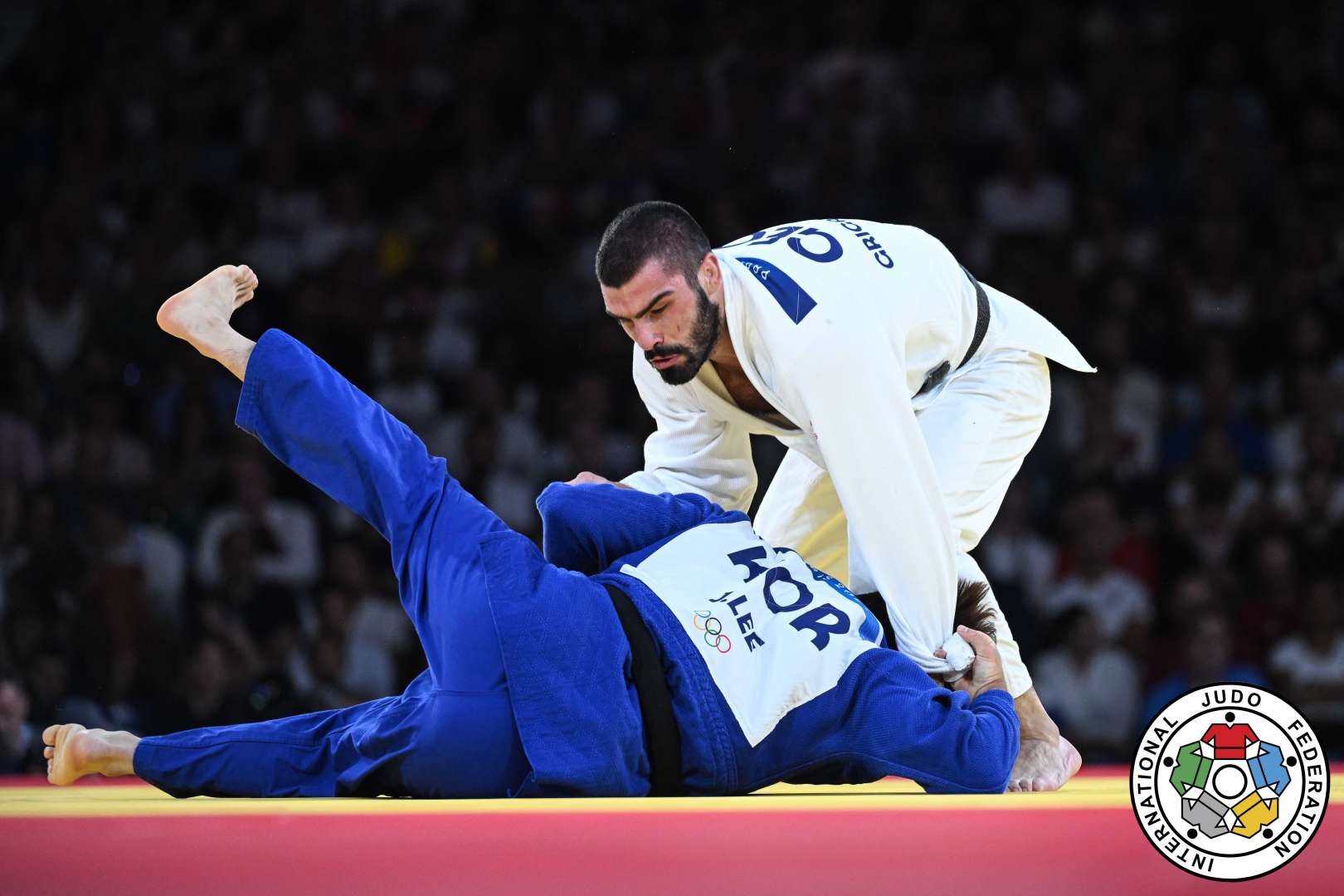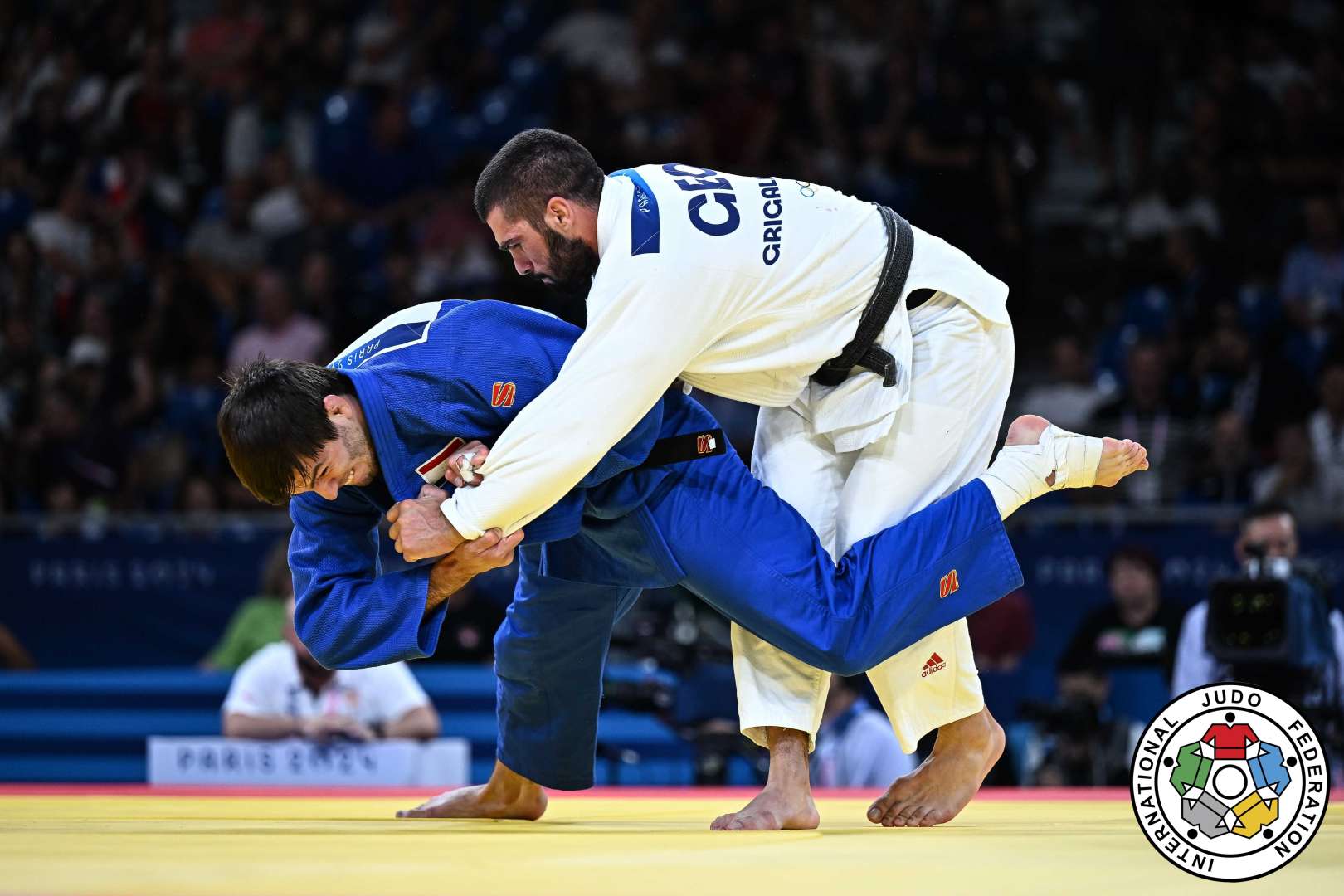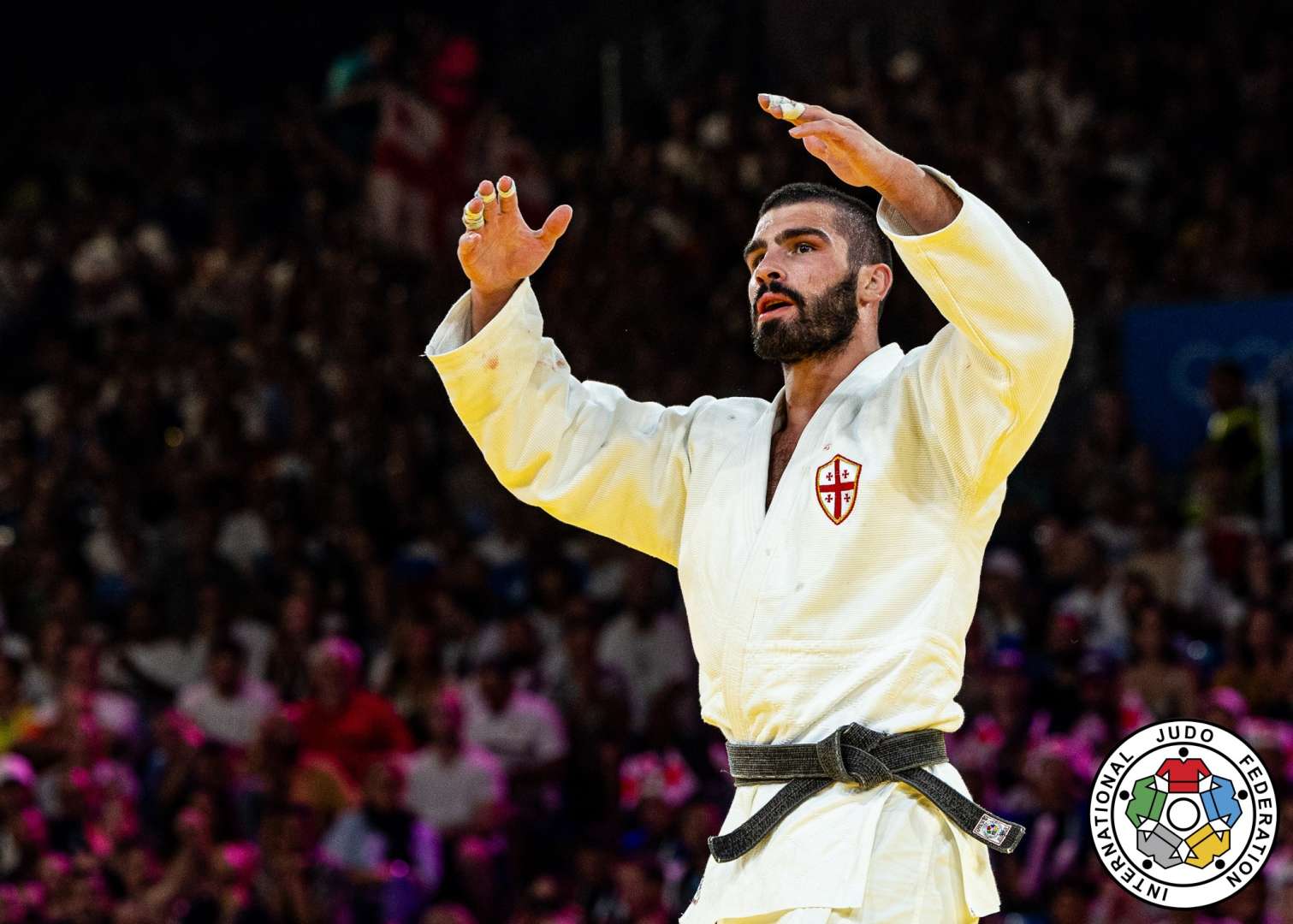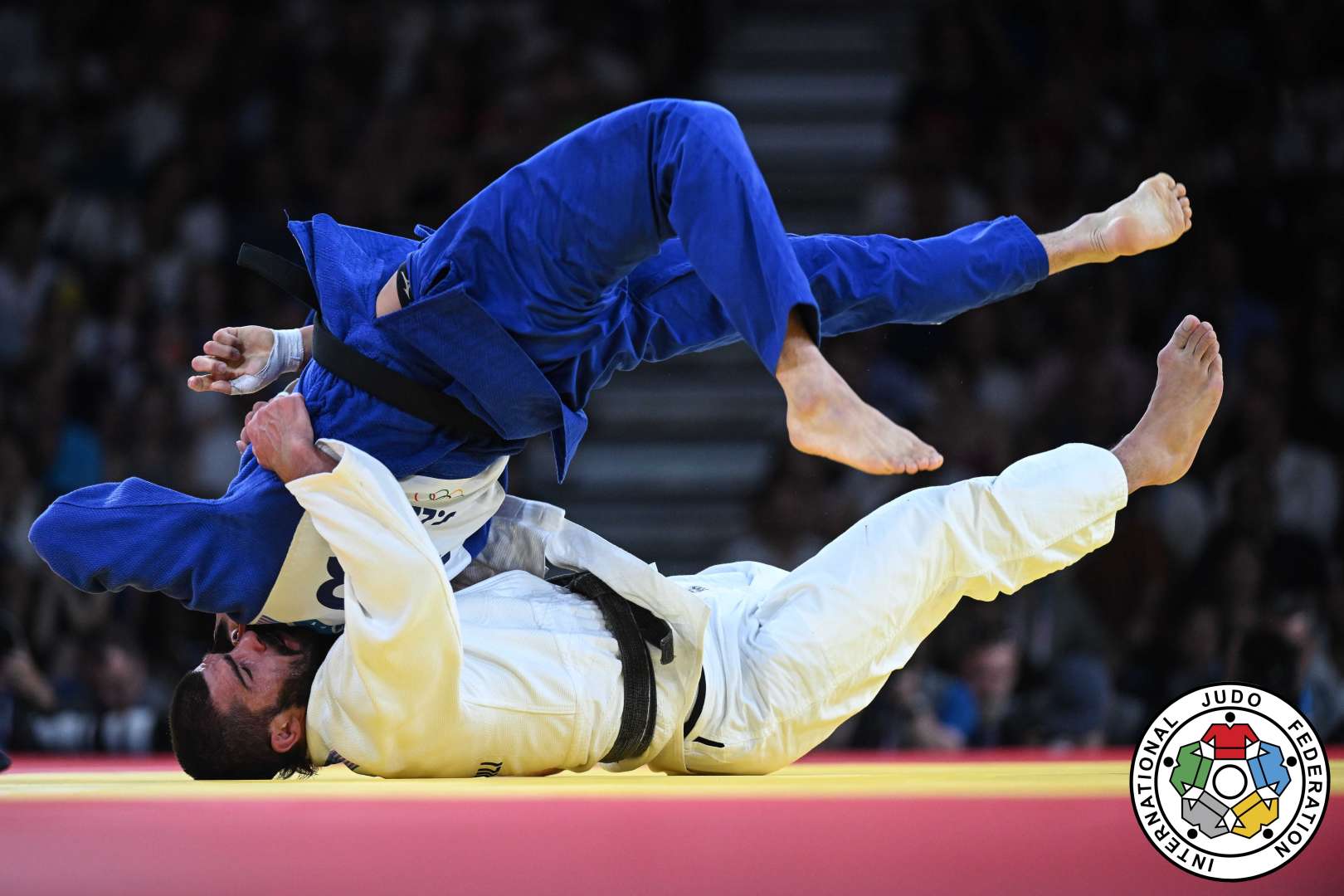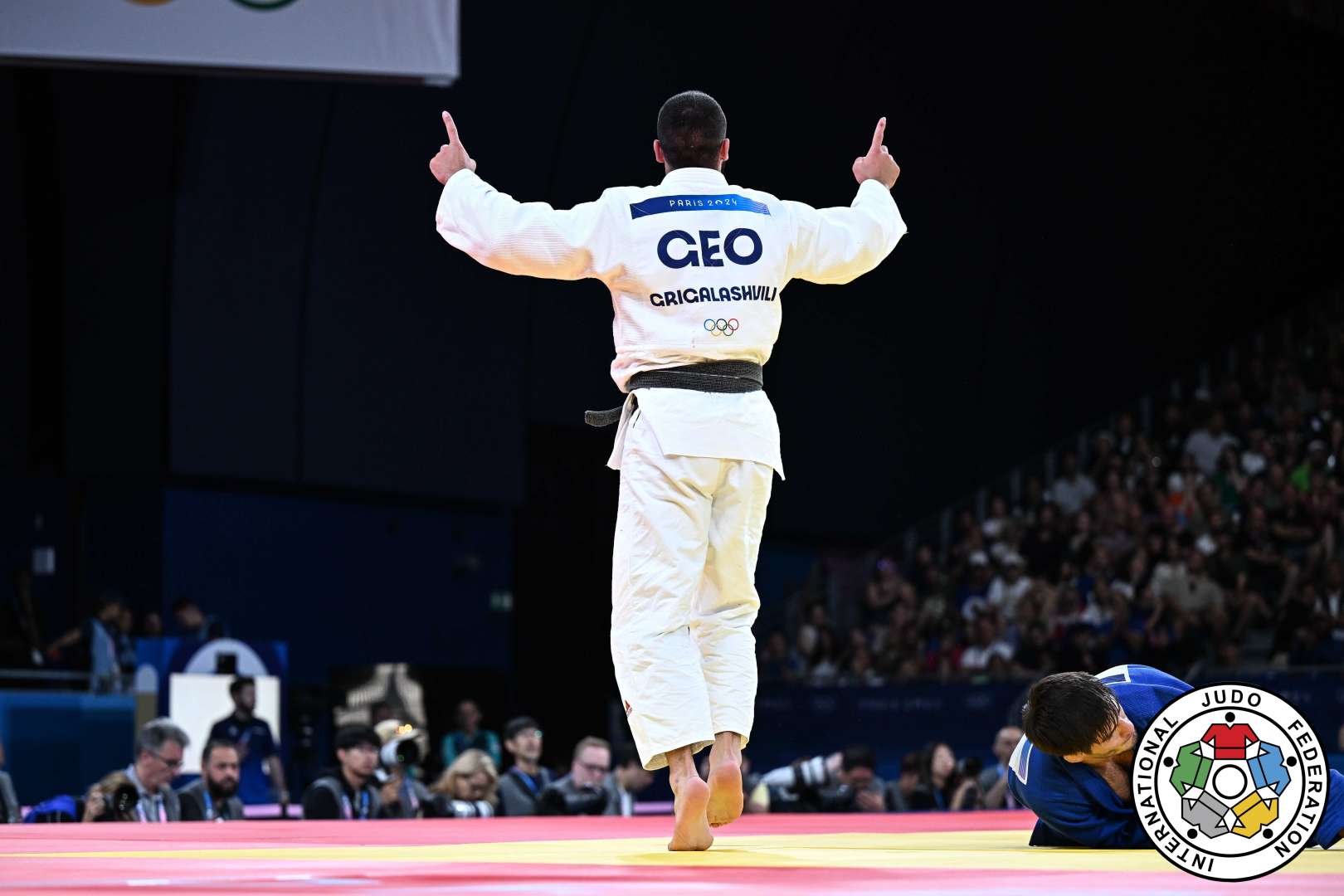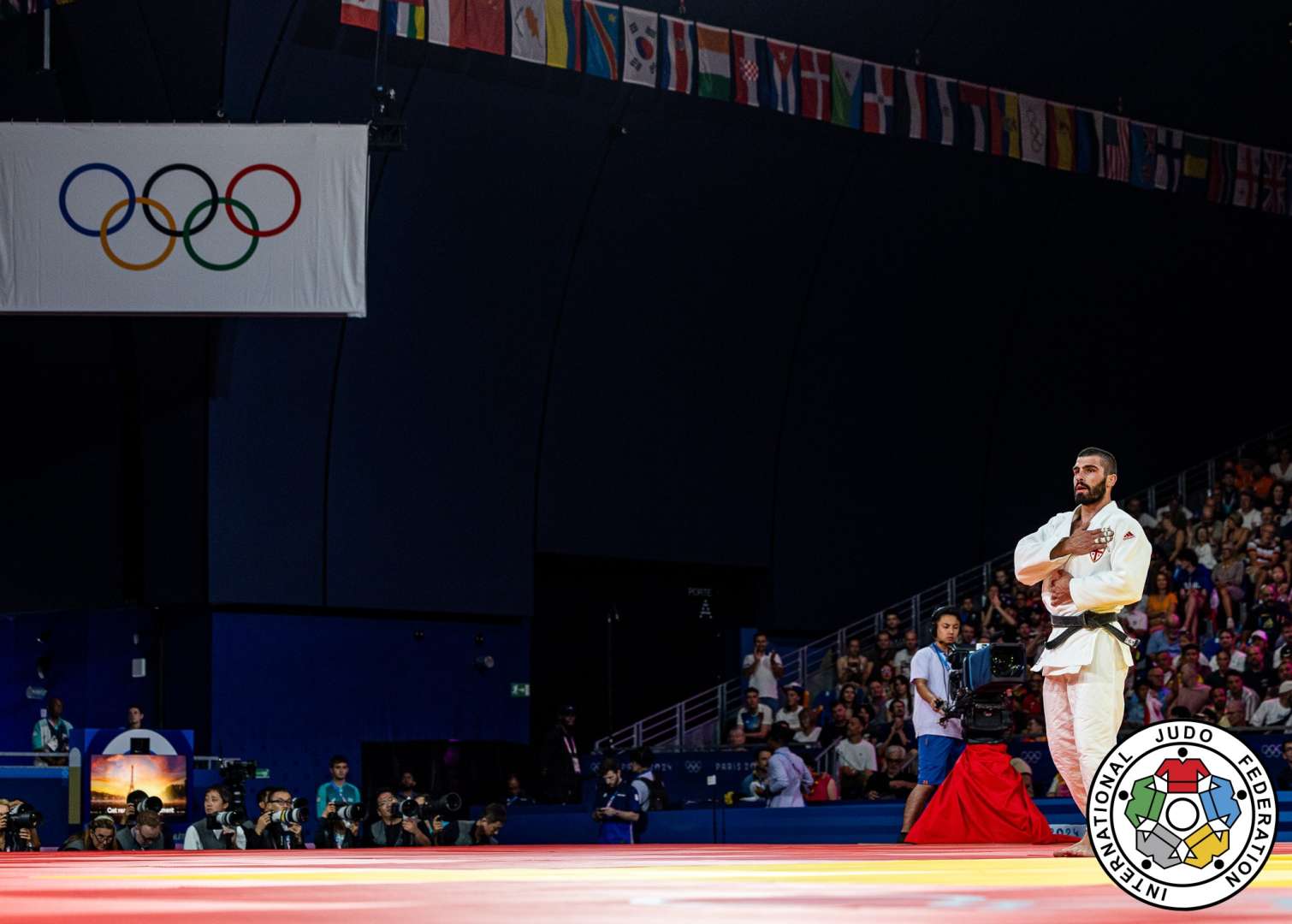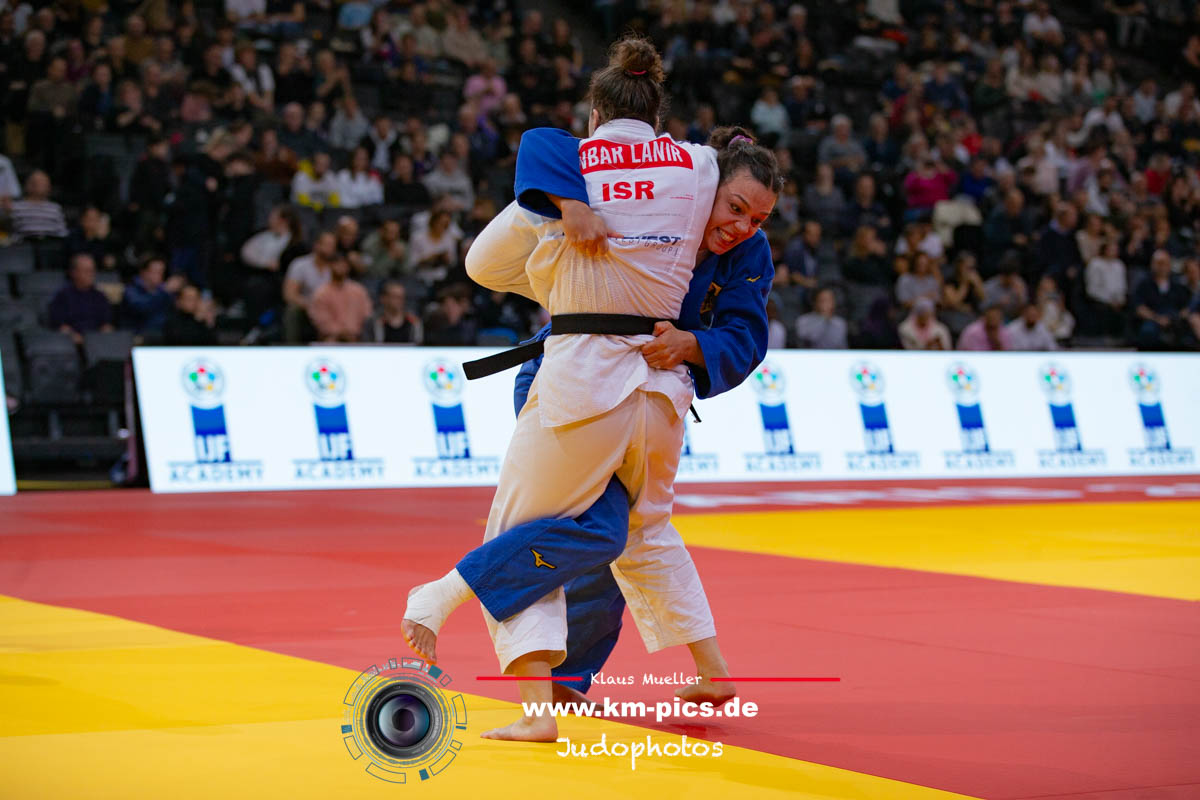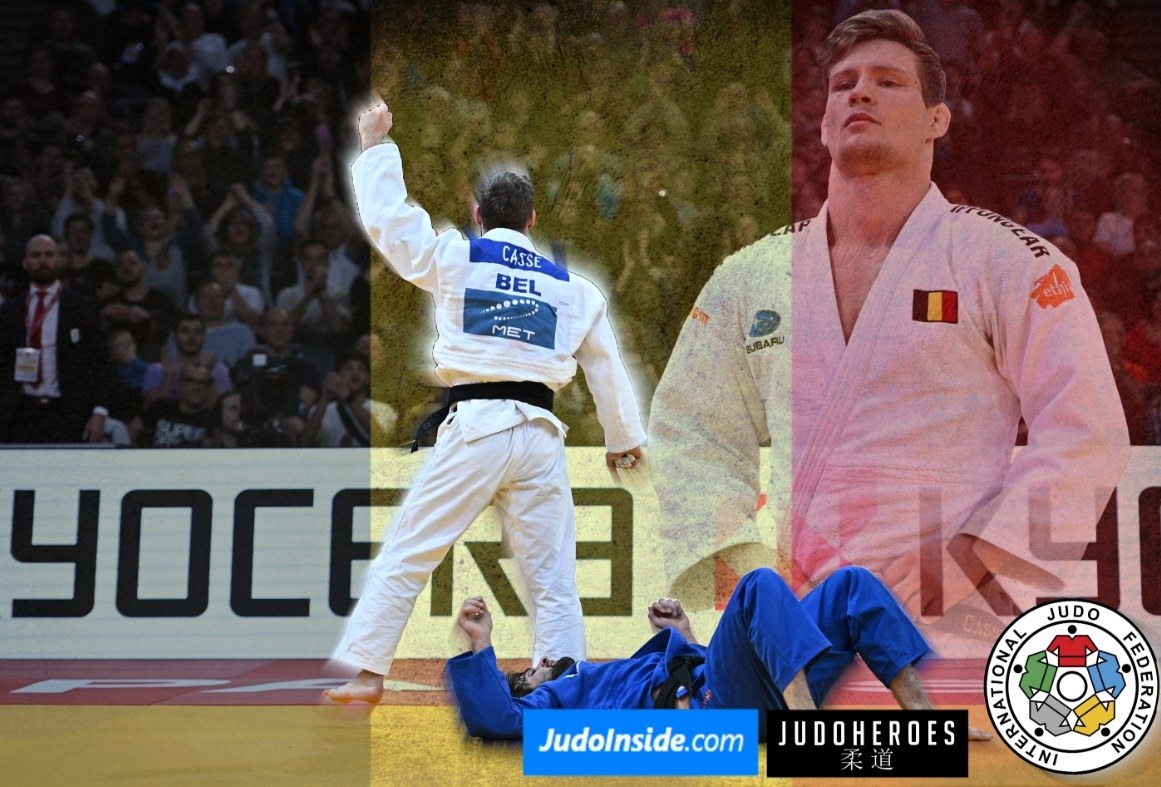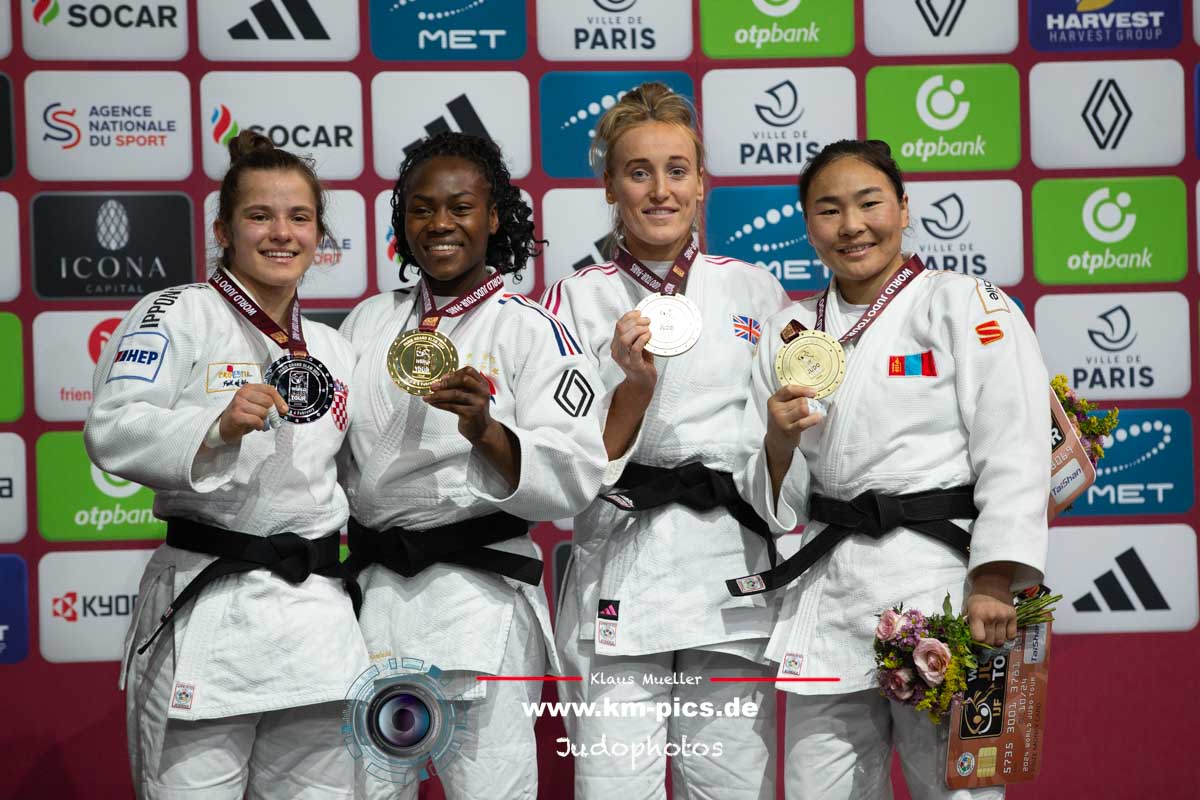Tiny judoka Ryoko Tamura goes on hitting dizzy heights
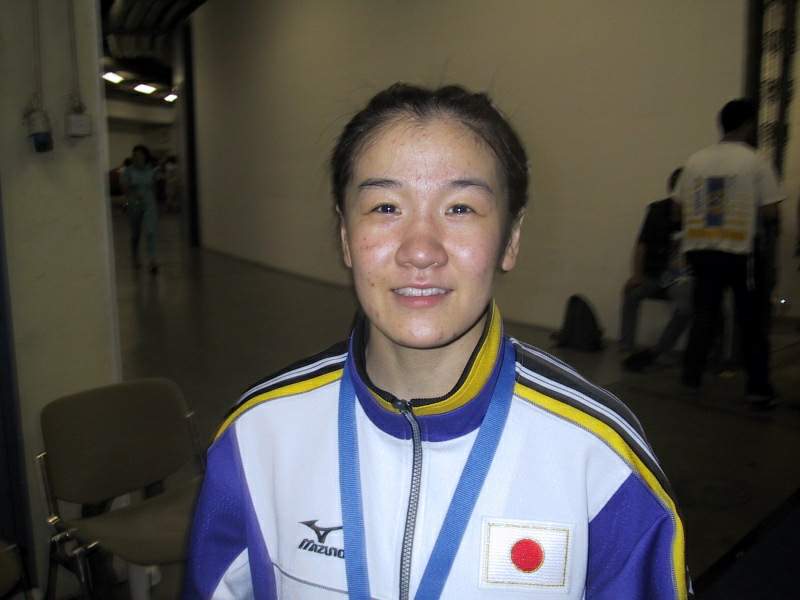
 16 Sep 2003 21:45
16 Sep 2003 21:45

 JudoInside.com - Hans van Essen / judo news, results and photos
JudoInside.com - Hans van Essen / judo news, results and photos
Ryoko Tamura, Japan's tiny bundle of formidable aggression and dazzling technique, won a record sixth consecutive title at the judo World Championships in Osaka on Sunday. Tamura, who is 4ft 9in, has been the under-48kg (7st 8lb) world champion for a full decade and she maintained her dominance of the lightest division in the sport when she beat Frederique Jossinet of France, twice a European champion, in the final.
The revered Tamura will change her name in December when she marries the baseball player, Yoshitomo Tani, in a £1.6 million wedding which will be televised nationwide. "I fought on, knowing that this would be my last fight as Ryoko Tamura," she said. After beating three opponents by "ippon", or knockout, Tamura was too wary to score any points but won the match because Jossinet received one more caution for failing to come out fighting.
Nobody, male or female, had previously won more than four straight world titles, but Tamura, 28, still has plenty of ambition. "I will aim for a seventh in a row," she said. "I will raise my level of competition higher still." The earliest inspiration for this remarkable athlete was the British fighter, Karen Briggs, who retired in 1991 and is now a part-time judo teacher, housewife and mother of two living in Hull. Tamura was at elementary school when she first saw Briggs in action. Struck by the English girl's power and technique, she sought to emulate her success, never guessing that one day she would meet - and defeat - her in a fight for the title of world champion. Tamura had taken up judo after going with her parents at the age of eight to watch her brother. She was immediately entranced. "I saw girls throwing guys," she said. "It was so cool." Yet her mother initially refused Tamura's pleas to take up the sport. "She wanted me to play the piano, or maybe take tennis lessons - something more girl-like. She said judo was a sport for boys and was too dangerous. I think it was because the first time we went to watch a training session one boy broke his arm. But my father encouraged me. To begin with I won a few bouts and lost a few. But in my first competition I received a gold medal for beating five boys in a row." Tamura shot into the front rank of competition judo in 1990 when, aged 15, she fought in Japan's most celebrated women's tournament, the Fukuoka Cup. The event attracts the best in the world and when she reached the semi-final she found herself facing her childhood idol, Briggs. Having been world champion four times and won the cup on five occasions, the Briton was now nearing the end of her career. Tamura astonished the crowd by throwing Briggs twice and went on to win the final. The following year in the World Championships Briggs had her revenge, and the two met for the last time in the semi-finals of the Barcelona Olympics in 1992. During their encounter Tamura partially dislocated her opponent's shoulder. Briggs refused to give up and, unassisted, forced the joint back into its socket.
Tamura, with all the ruthlessness of a top competition fighter, kept attacking the damaged shoulder; the pain was so intense that Briggs could hardly fight and she was disqualified for passivity. Tamura's judo is stylish, inspired and technically brilliant. Her trademark technique is seoi-otoshi, a shoulder throw in which, gripping and sleeve and a collar, she spins and drops under her opponents to whip them through the air and bang them flat on their backs. She seems to carry out the entire manoeuvre slightly faster than a lizard can blink. Tamura is also impressive at the little psychological tricks to demonstrate to the judges her domination of a fight, dragging opponents across the mat as if taking out a sack of rubbish to make them look helpless and inept.
Tamura failed to win the Olympic title in Barcelona after defeating Briggs, but with her skill, power and killer instinct she seemed unstoppable by the time of the Atlanta Olympics four years later in 1996. Yet after destroying everyone in her path to the final, she surprisingly lost to a little-known North Korean, Sun-Hui Kye. The pressures on Tamura at the Sydney Games in 2000, therefore, were immense. But she finally triumphed, taking less than 40 seconds to bang her Russian opponent to the floor in the final and end her Olympic jinx. "When I received the gold I felt like I was dreaming," she said. "It was like meeting your first love after eight years."
 like
like
 share
share

| Result | City | Date |
|---|---|---|
| 2 | Paris | 2024 |
| 1 | Abu Dhabi | 2024 |
| 1 | Zagreb | 2024 |
| 3 | Belgrade | 2023 |
| 2 | Montpellier | 2023 |



